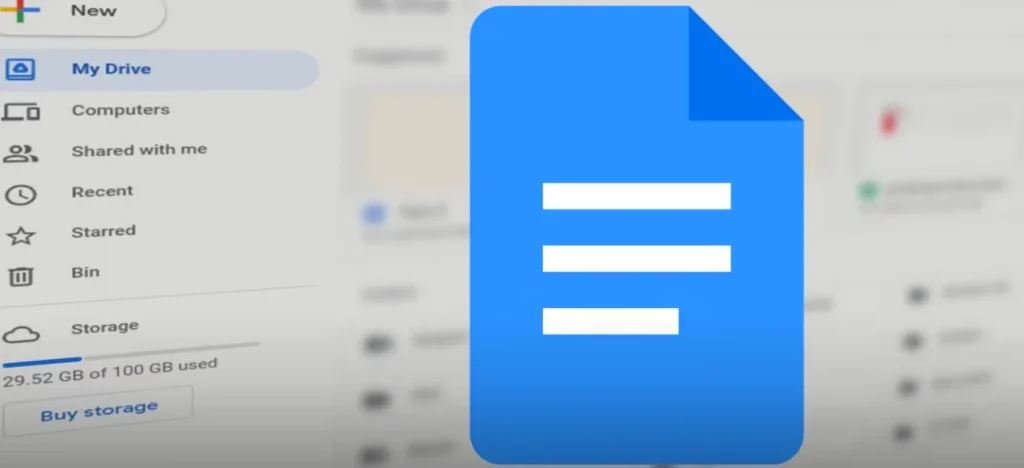In a major step toward stronger digital security, WhatsApp has introduced passkey support for encrypted chat backups, marking its latest move in the global shift toward passwordless authentication.
The feature offers users a simpler, more secure way to restore chat history from the cloud, no passwords, no 64-character recovery keys, and no fear of losing access when switching phones.
Stronger Security Without Passwords
Online security has long been a race between innovation and exploitation. Weak passwords, phishing scams, and data breaches remain common attack vectors. But WhatsApp’s new passkey system aims to close that gap.
With passkeys, users no longer rely on something they know (like a password) but on something they are, their fingerprint, Face ID, or device PIN. This means the cryptographic key that unlocks your WhatsApp backup never leaves your device, keeping your data safe even if stored on Google Drive or iCloud.
This enhancement ensures that Meta, WhatsApp’s parent company, or any third party cannot access user data, reinforcing the app’s long-standing end-to-end encryption framework.
Rolling Out Gradually Across Android and iOS
WhatsApp confirmed that passkey support will roll out gradually over the coming weeks.
- On Android, the feature integrates with Google Password Manager, allowing users to verify identity seamlessly.
- On iOS, Face ID or Touch ID handles authentication.
This move brings WhatsApp in line with tech leaders like Google, Apple, Microsoft, X (formerly Twitter), and TikTok, all of which are migrating toward passwordless authentication.
WhatsApp’s Ongoing Security Evolution
Since 2021, WhatsApp has offered end-to-end encrypted backups, protecting chats stored in the cloud. However, users still needed to remember a password or store a long encryption key, a single point of failure that could lock them out of years of messages.
Passkeys eliminate that risk entirely. They combine biometric verification with strong cryptography, providing effortless and user-friendly protection.
While WhatsApp may be late to adopt passkeys compared to Apple or Google, its arrival is monumental given its 3 billion active users worldwide. The platform’s move not only strengthens privacy but also makes digital security more accessible to everyday users.
A Step Toward Passwordless Future
WhatsApp’s integration of passkeys underscores the broader trend across the tech industry. X recently announced that users must re-enroll their passkeys before November 10 to maintain account access, while Apple and Google have already made passkeys a default authentication method across their ecosystems.
With this rollout, WhatsApp reinforces its place at the forefront of secure communication, turning encryption from a complex feature into something effortless and universal.










